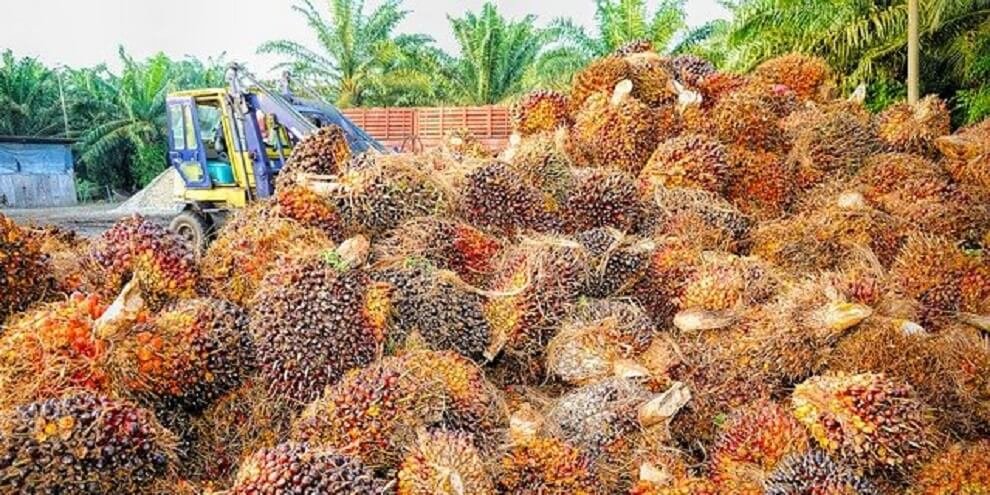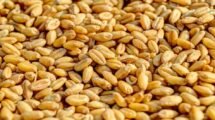Imports of edible oil fell by 20% in June, owing to increased inventory in the country, which appears to have impacted shipments.
The country’s edible oil imports stood at 0.96 million tonnes (mt) in June 2021, down from 1.21 mt in May 2021, a 20.08 percent decrease.
As per the data released by the Solvent Extractors’ Association (SEA) of India, imports of palm oil (which includes crude palm oil and RBD palmolein) went down by 23.66 percent in June to 5.87 lakh tonnes (lt) from 7.69 lt in May. Imports of soft oils (soybean oils and sunflower oil) fell by 13.88% to 3.81 lt (4.43 lt).
BV Mehta, Executive Director of SEA of India, attributed the decline in imports during June to higher stocks in the domestic market at the time. On July 1, the country’s edible oil stock was 1.98 million tonnes, up from 1.96 million tonnes in June.
Also Read: Edible oils imports dropped by 27% in Feb 2021 due to excessive imports and higher prices
Figures for the entire year
However, according to Mehta, there has been an overall increase in edible oil imports during the first eight months of the oil year 2020-21. (November-June).
The country imported 5.14 million tonnes of palm oil between November and June of 2020-21, up from 4.23 million tonnes in the corresponding year 2019-21, representing a 21.49 percent increase.
According to Mehta, the increase in palm oil imports during the period was due to the country’s lower duty advantage over soft oils. Imports of soft oils fell to 3.3 mt in November-June 2020-21, down from 3.84 mt the previous year.
During this time, palm oil producers such as Malaysia and Indonesia were the primary suppliers of the commodity to India. During the period November 2020-June 2021, Malaysia was the leading supplier of CPO (crude palm oil), with 2.61 million tonnes, followed by Indonesia with 2.20 million tonnes.
India imported 1.60 million tonnes of crude soyabean degummed oil from Argentina, as well as 1.18 million tonnes of crude sunflower oil from Ukraine, 1.33 million tonnes from Russia, and 1.11 million tonnes from Argentina.
The overall import of vegetable oil (which includes both edible and non-edible oil) increased by 5% to 8.67 mt during the first eight months of the oil year 2020-21, compared to 8.26 mt during the same period in 2019-20.
Also Read: Slick of edible oil on pond water surface can reduce evaporation by 70%
Farmers and refiners will be affected
However, SEA believes that the government’s recent notifications will have an impact on the import of palm products into India.
The government reduced the import duty on CPO, RBD palmolein, RBD palm oil, and other products in a notification dated June 29. Up to September 30, the effective CPO duty was reduced by 5.50 percent, the RBD palmolein duty by 8.25 percent, and the RBD palm oil duty by 18.15 percent.
The government decided on June 30 to allow RBD palmolein and palm oil to be freely traded until December 31. ‘Both notifications will have an impact on the import of palm products into India, which will be detrimental to the interests of domestic refiners and oilseed growers,’ Mehta said. ‘This will also open the floodgates for duty-free imports of refined oils from Nepal and Bangladesh under the SAFTA agreement, severely affecting refiners in eastern and northern India.’
Also Read: Urge to keep up present duty form on soybean and sunflower seed oil-SOPA
He stated that CPO is subject to a higher duty/levy in Indonesia and Malaysia than RBD palmolein. According to him, this could lead to an increase in the export of refined palm oil into India at the expense of CPO in the coming months.


















Add Comment